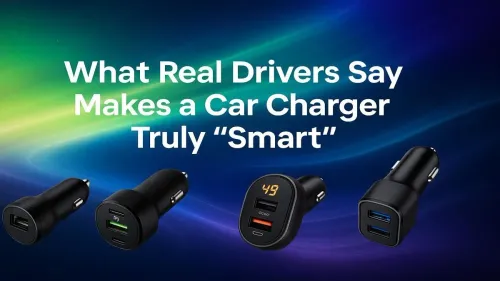
Tech that drives smarter
Discover what real drivers demand in smart car chargers. 🚗🔌 Find out the features that boost charging speed, safety & convenience.
Master wireless charging in cars with our expert guide! Learn how to optimize your setup, boost charging speed, and troubleshoot common issues for a seamless power-up on the go. Get the most out of your in-car tech and never worry about a low battery again. 🚗⚡
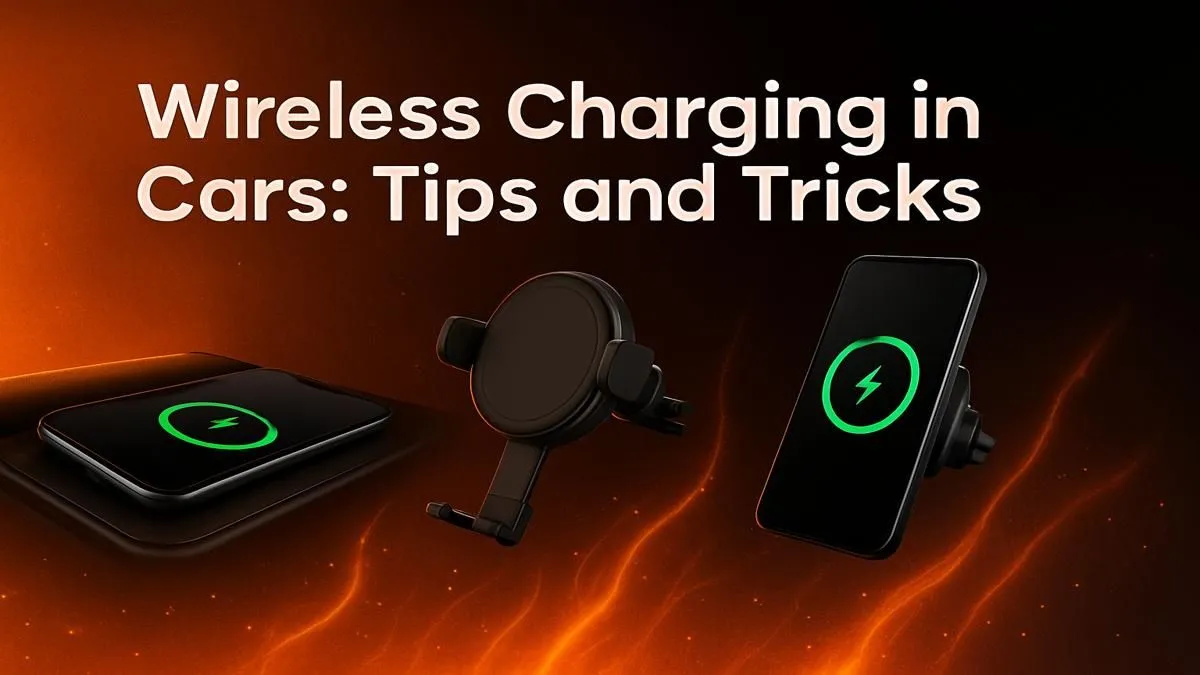
Stuck in traffic on the N1 again and your phone’s about to die? We’ve all been there. That little charging pad in your car is meant to be a lifesaver, but sometimes it feels more like a slow trickle. Getting the most out of wireless charging in cars isn’t just about dropping your phone and driving. With a few pro tips, you can ensure you arrive at your destination with a full battery, every single time. 🚗

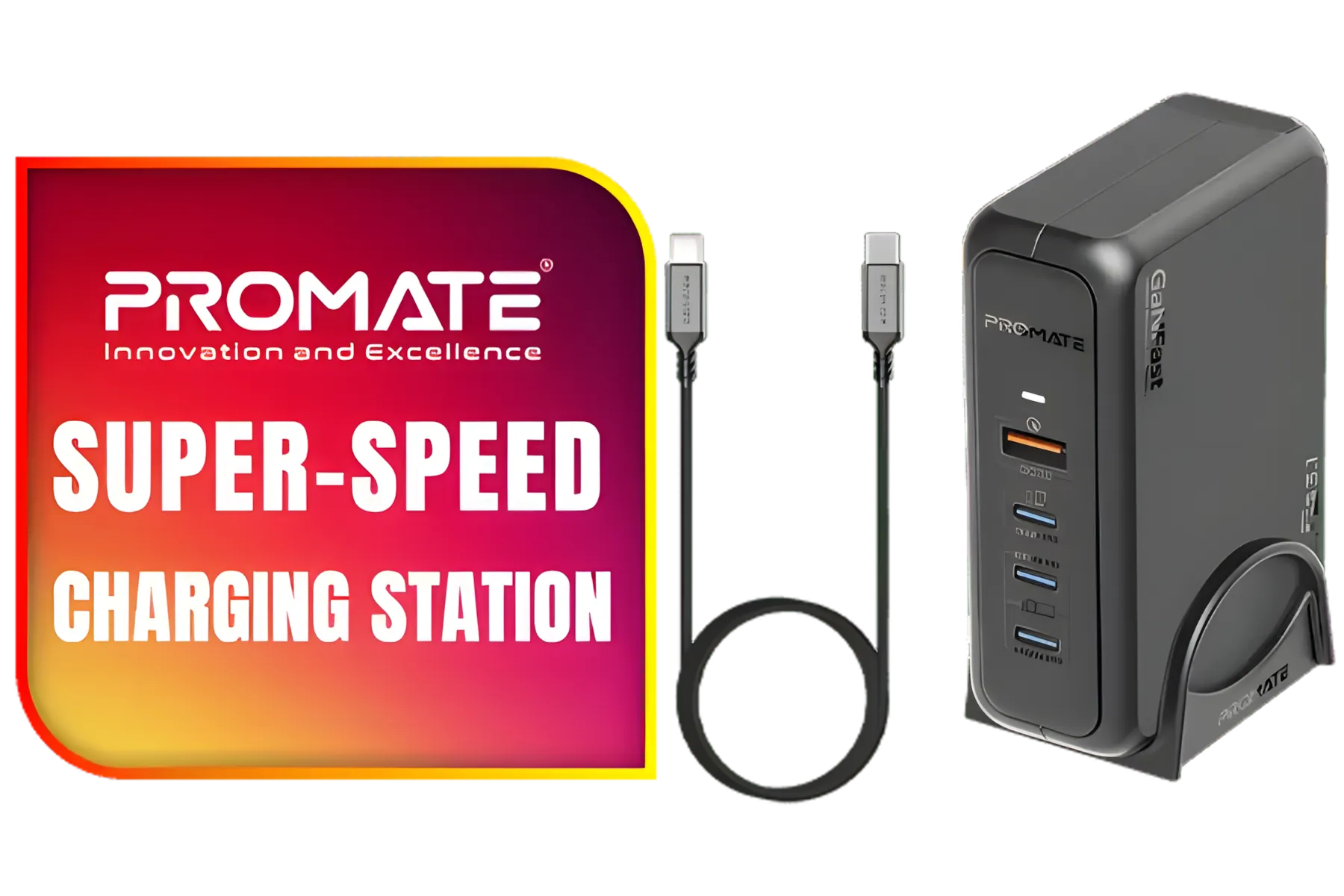
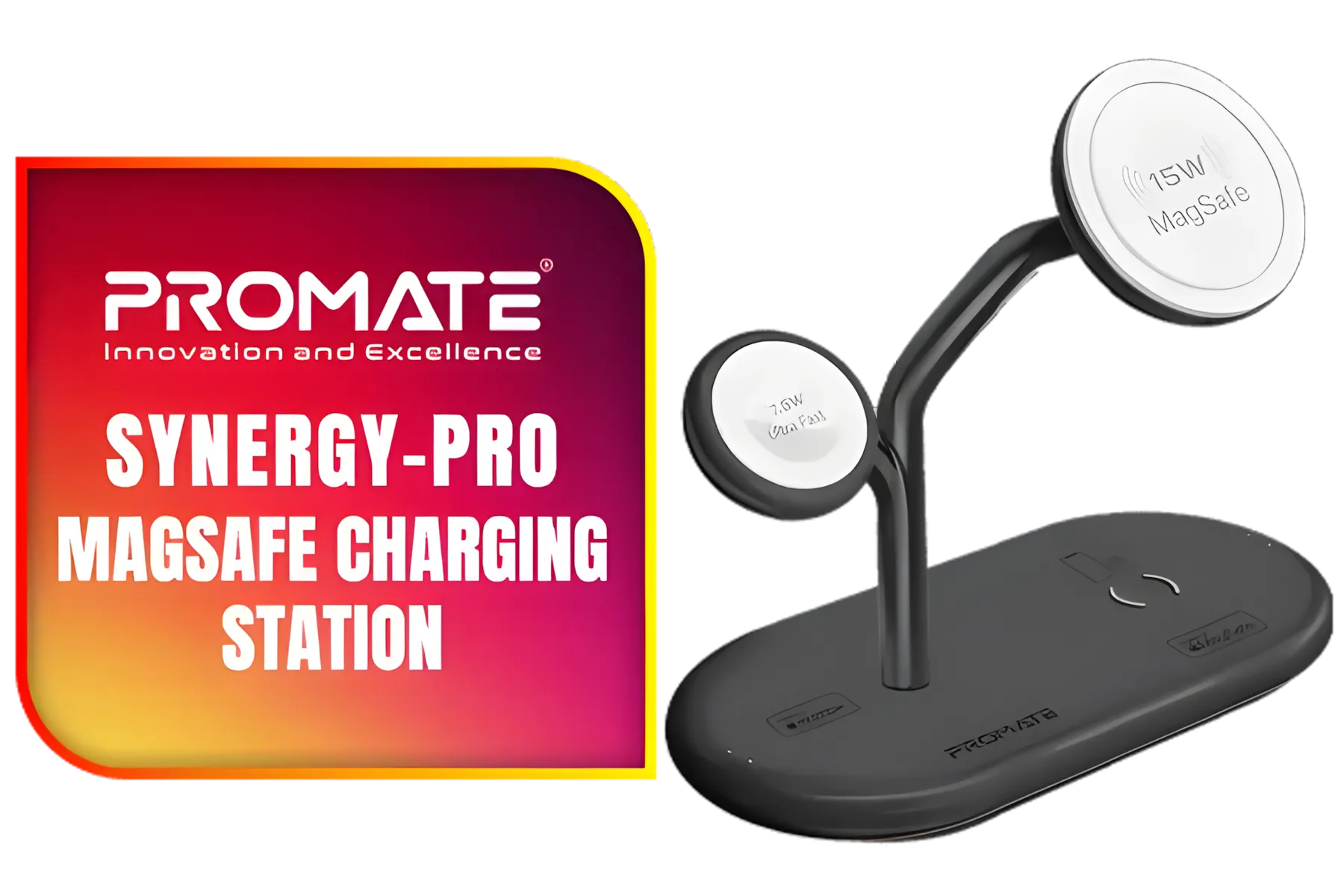
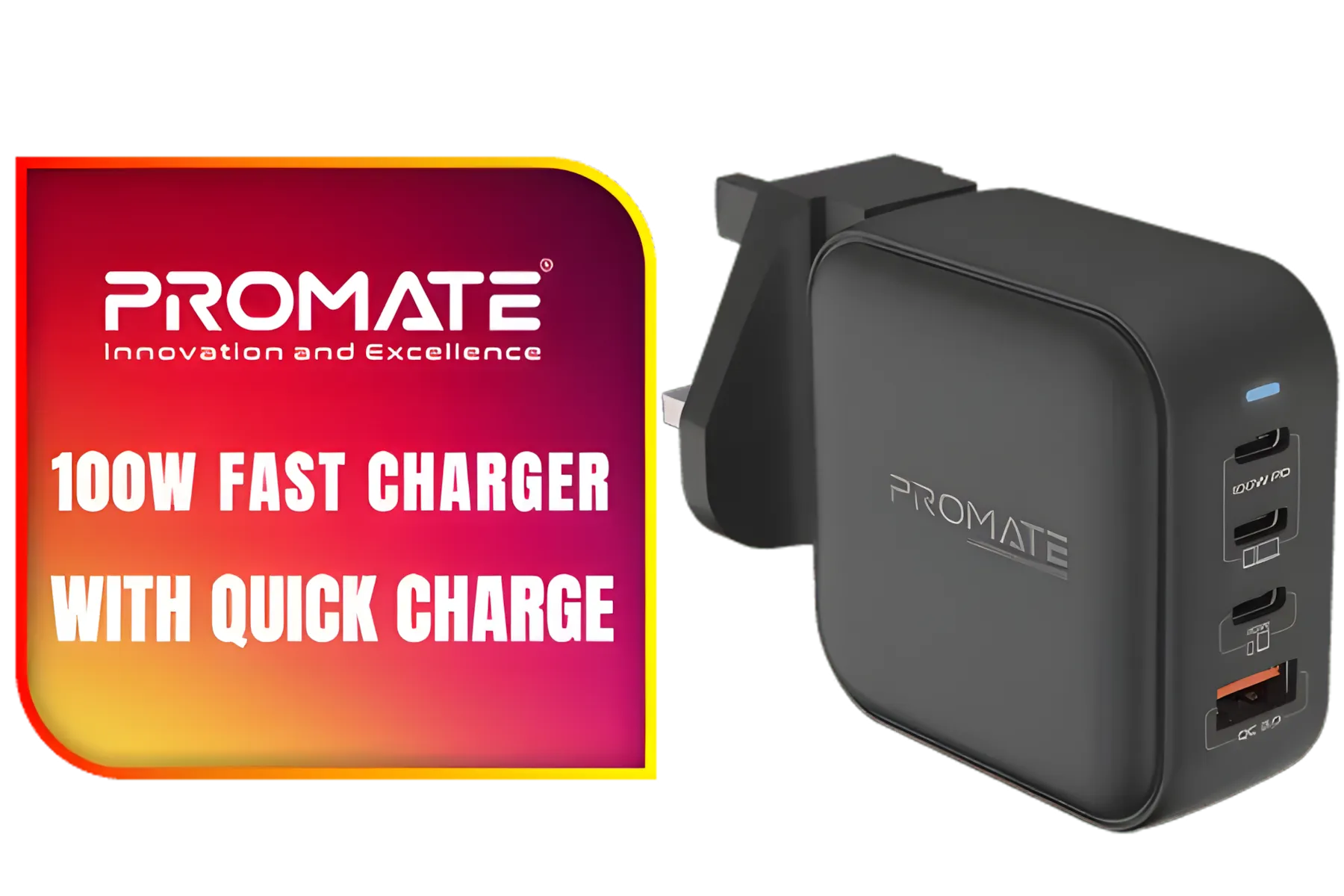

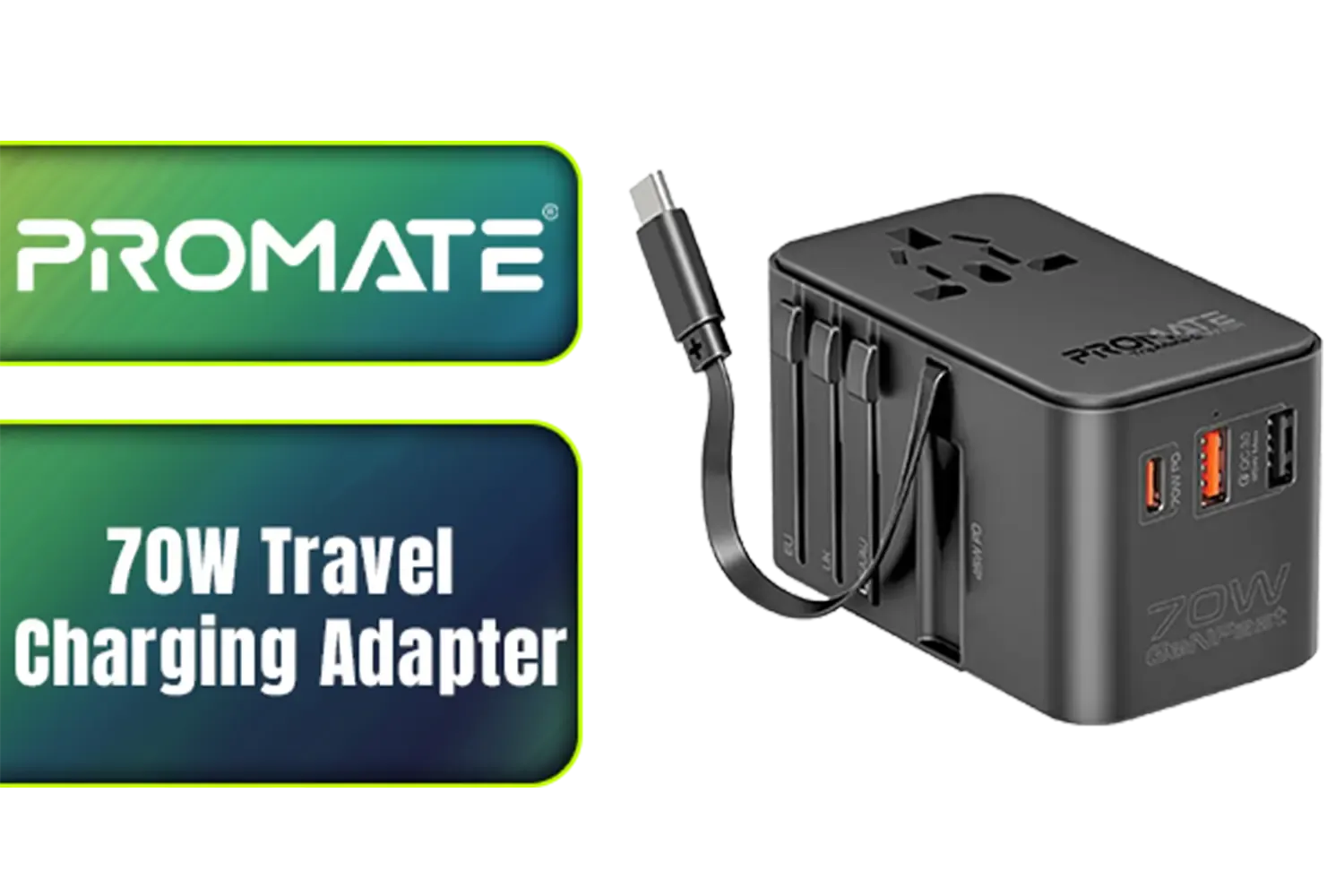
Most modern cars use the universal Qi (pronounced "chee") standard for wireless charging. It’s incredibly convenient, but not all charging pads are created equal. The power output, coil size, and even the surface material can affect charging speed and efficiency. Whether it's a factory-fitted feature or an aftermarket solution, the goal is a steady, reliable power-up. Understanding the basics is the first step to optimising your car wireless charging experience and ensuring your device is always powered by a good quality charger.
Is your phone charging slower than a chameleon crossing a highway? It might not be the charger’s fault. A few simple adjustments can make a world of difference and guarantee you get that perfect charge.
The charging coils in your phone and the pad need to be perfectly aligned. If your phone is slightly off-centre, it will charge slowly or not at all. Take a moment to find the "sweet spot" on your car's pad. Often, a slight nudge is all it takes to see the charging indicator light up and stay on consistently.



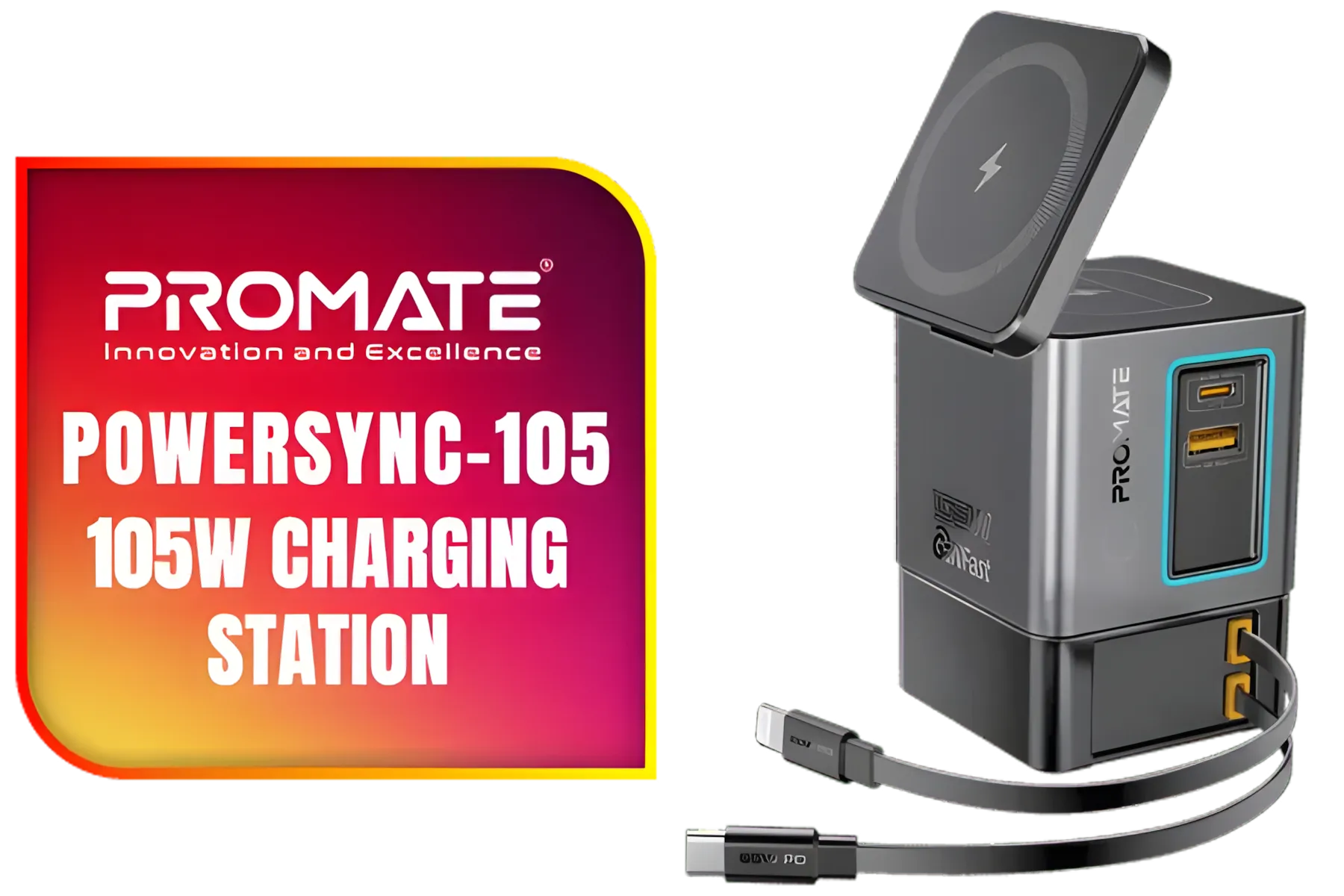

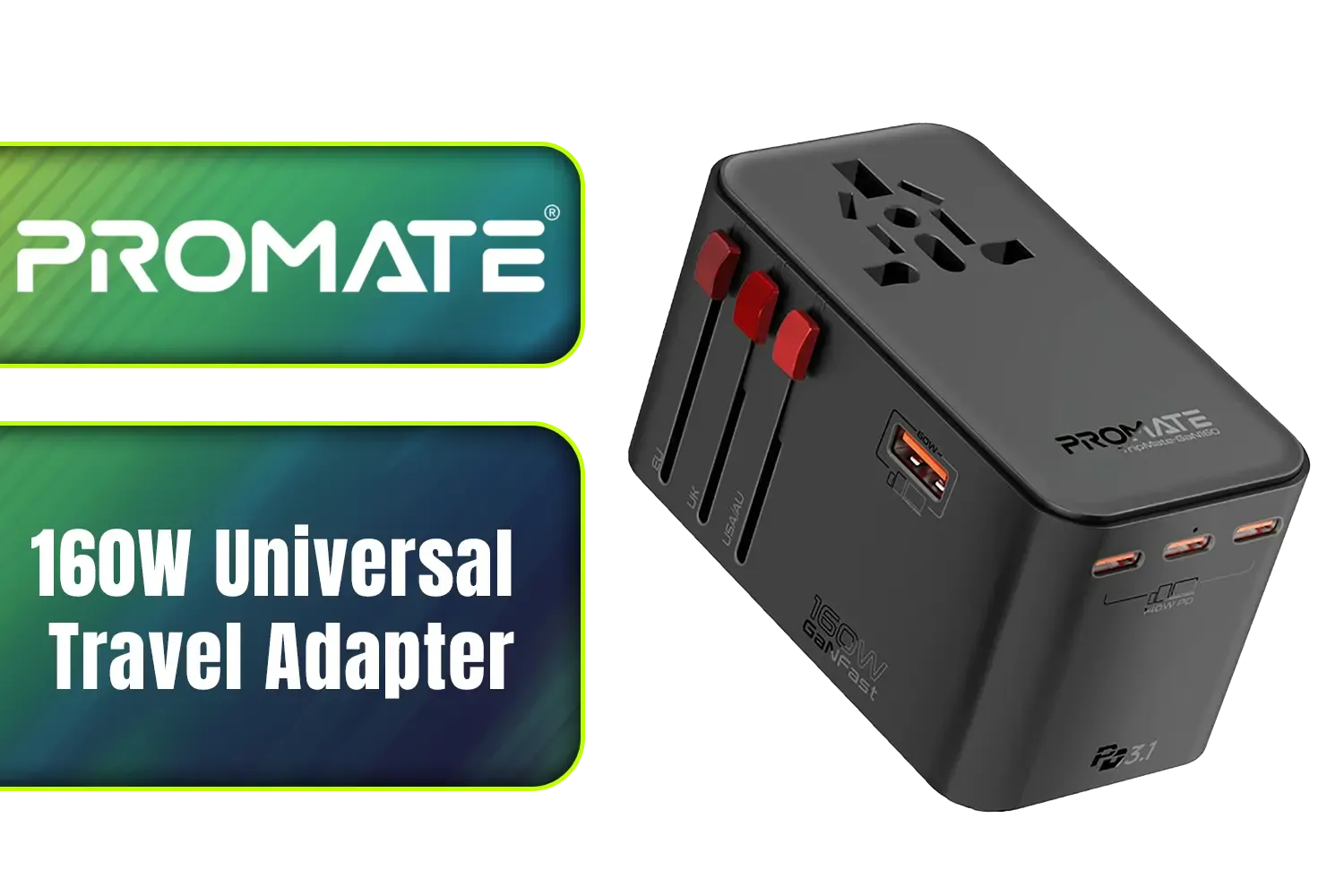
Thick, rugged phone cases can be a major barrier to power transfer. The same goes for cases with metal plates, magnets, or PopSockets on the back. If you’re having trouble with your wireless charging in the car, try removing the case first. A slim, Qi-compatible case is your best bet for hassle-free charging.
Heat is the number one enemy of battery health and charging speed. On a hot South African day, a phone left on a black dashboard in direct sunlight can overheat, causing the charging to slow down or stop completely to protect the battery. If possible, park in the shade or use a sunshade to keep your car's interior cool.
If you've added a wireless charging mount to a car that doesn't have one built-in, the adapter you plug into the 12V socket (the old "cigarette lighter") is crucial. A low-power USB port won't provide enough juice for fast wireless charging. Make sure you’re using a high-quality car adapter from top brands like Promate to deliver the wattage your charger needs.




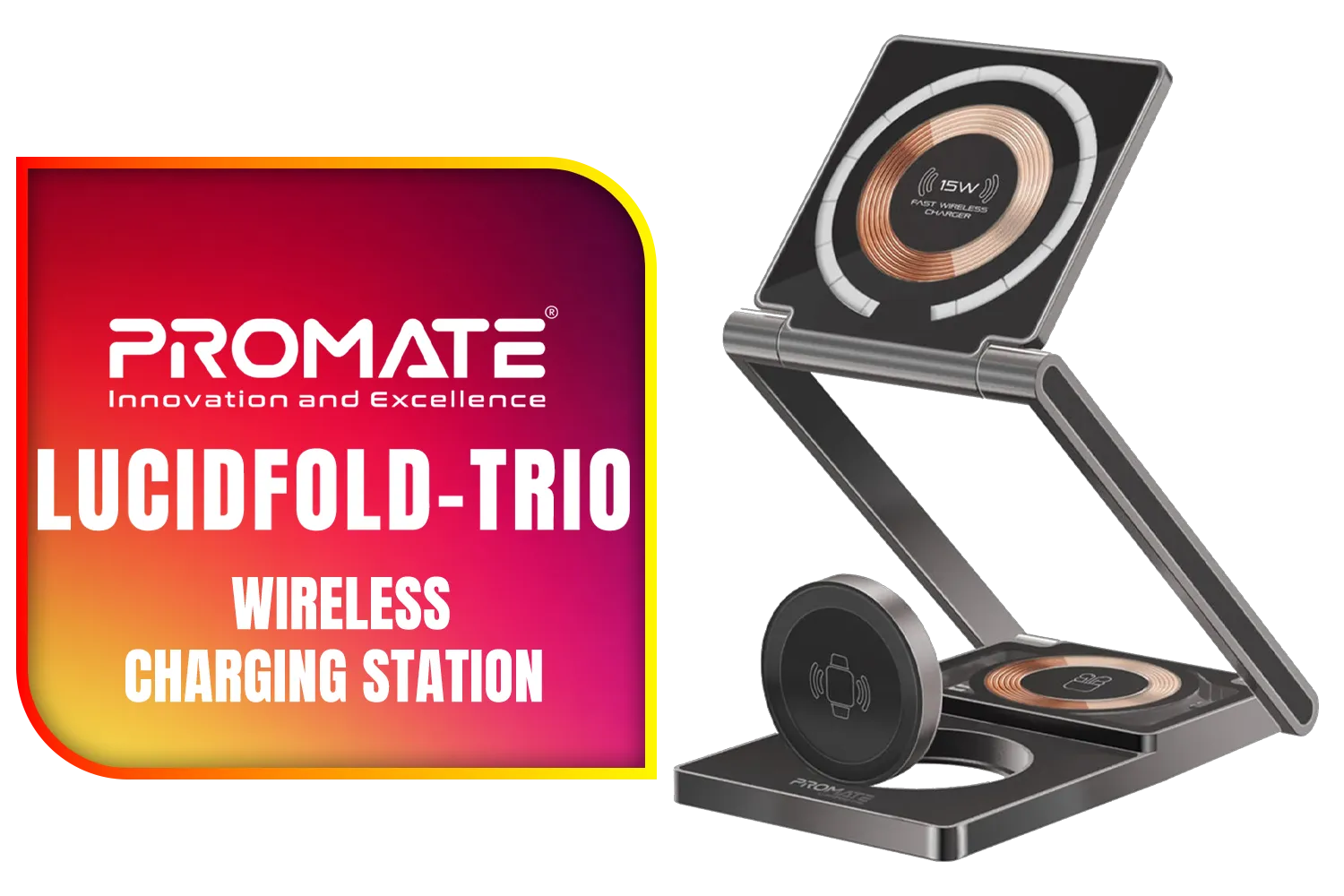

Don't have a built-in wireless charger? No problem. The market is full of excellent aftermarket solutions, from vent mounts to dashboard pads that can modernise any vehicle. When choosing one, look for features like secure grips, adjustable arms, and sufficient power output (10W or 15W is ideal for fast charging).
Investing in a solid setup from a trusted brand ensures you're not just buying a phone holder, but a reliable power source. For instance, Promate's range of car chargers is designed for efficiency and durability. For mobile gamers, a dependable car charger is as vital as any of their other high-performance gaming accessories, keeping them powered up on the way to their next LAN event. 🔧
Ready to Power Up Your Drive? A dead phone is a hassle you don't need. From powerful car mounts to versatile adapters, having a reliable charging solution makes every journey smoother. Explore our wide range of chargers and find the perfect gear to keep you connected on the road.
Slow charging is often due to phone case thickness, misalignment on the pad, or the car's USB port providing low power. Try removing your case for a better connection.
Yes! Aftermarket wireless car charger pads and mounts are widely available. They plug into your car's USB or 12V socket for an easy and effective upgrade.
No, when used correctly, it's safe. Modern Qi charging in cars is designed to prevent overcharging. However, excessive heat can degrade battery health over time.
Most modern cars and phones use the universal Qi standard. If your phone supports wireless charging, it will likely work with any Qi-certified car charging pad.
For the fastest charge, place your phone directly in the center of the charging pad. The internal charging coils of the phone and pad must be aligned for optimal power transfer.
To improve car wireless charging speed, ensure your phone is aligned, use a thin case, and connect the charger to a high-output USB port, like one rated for QC 3.0.